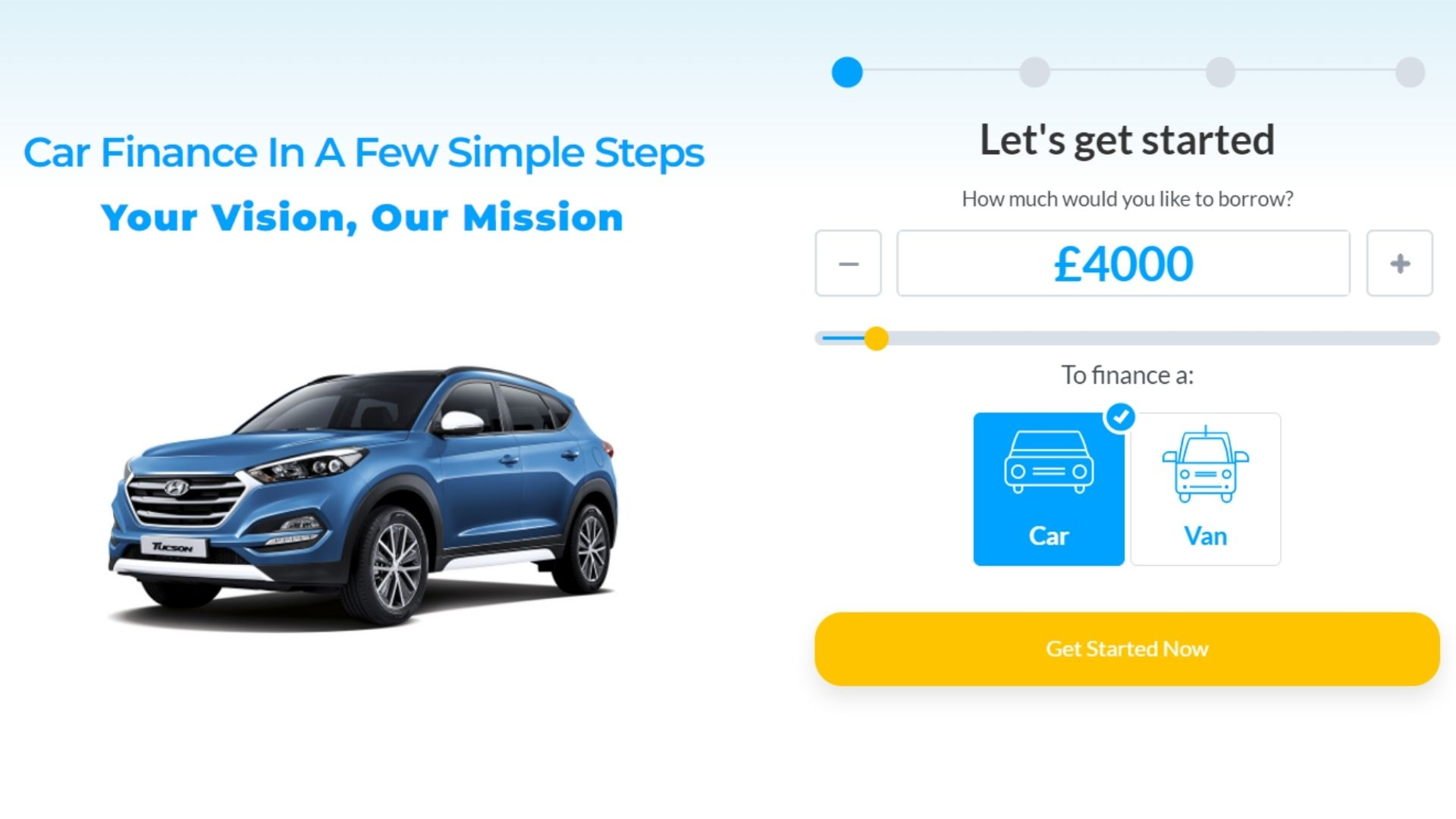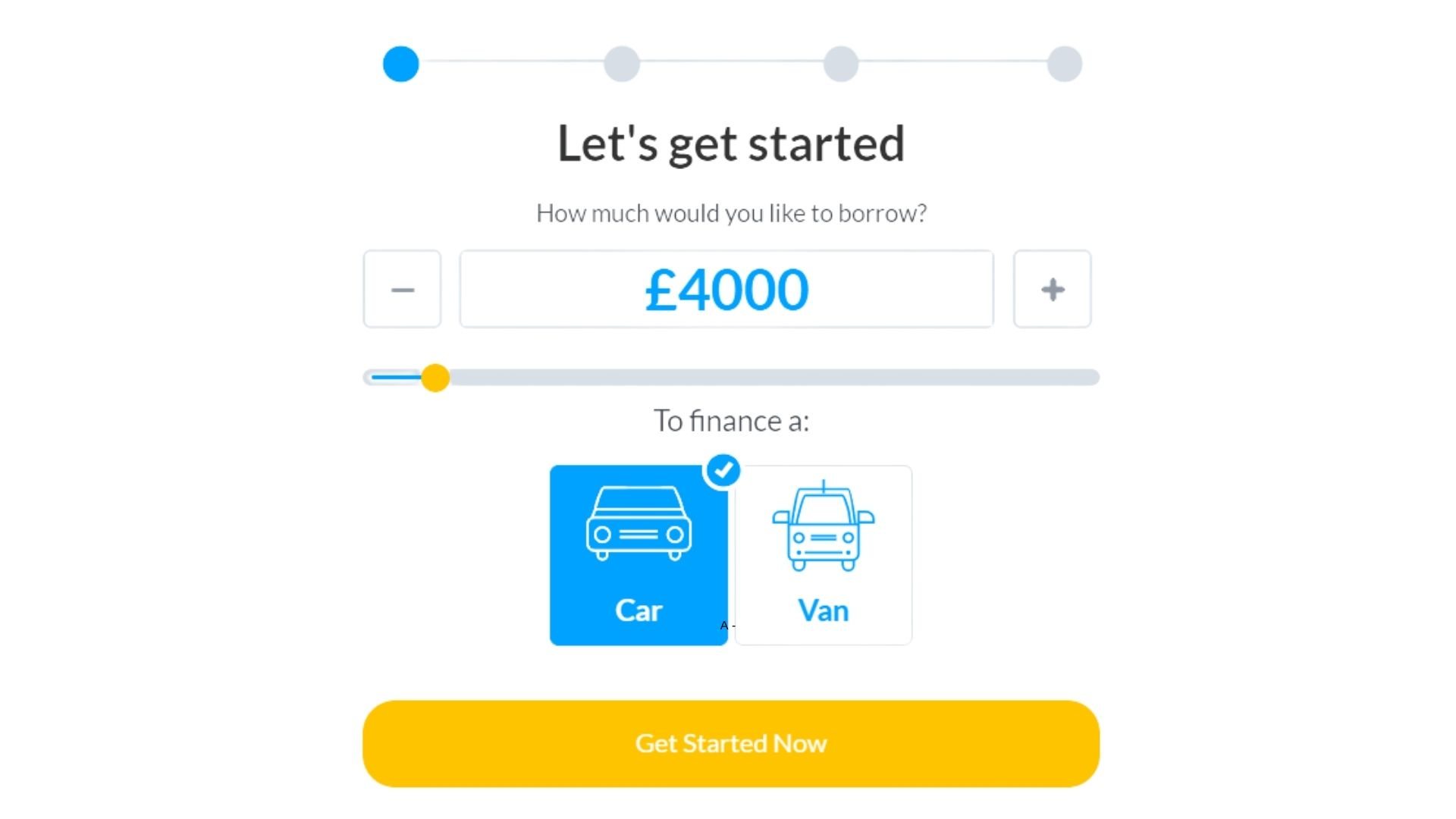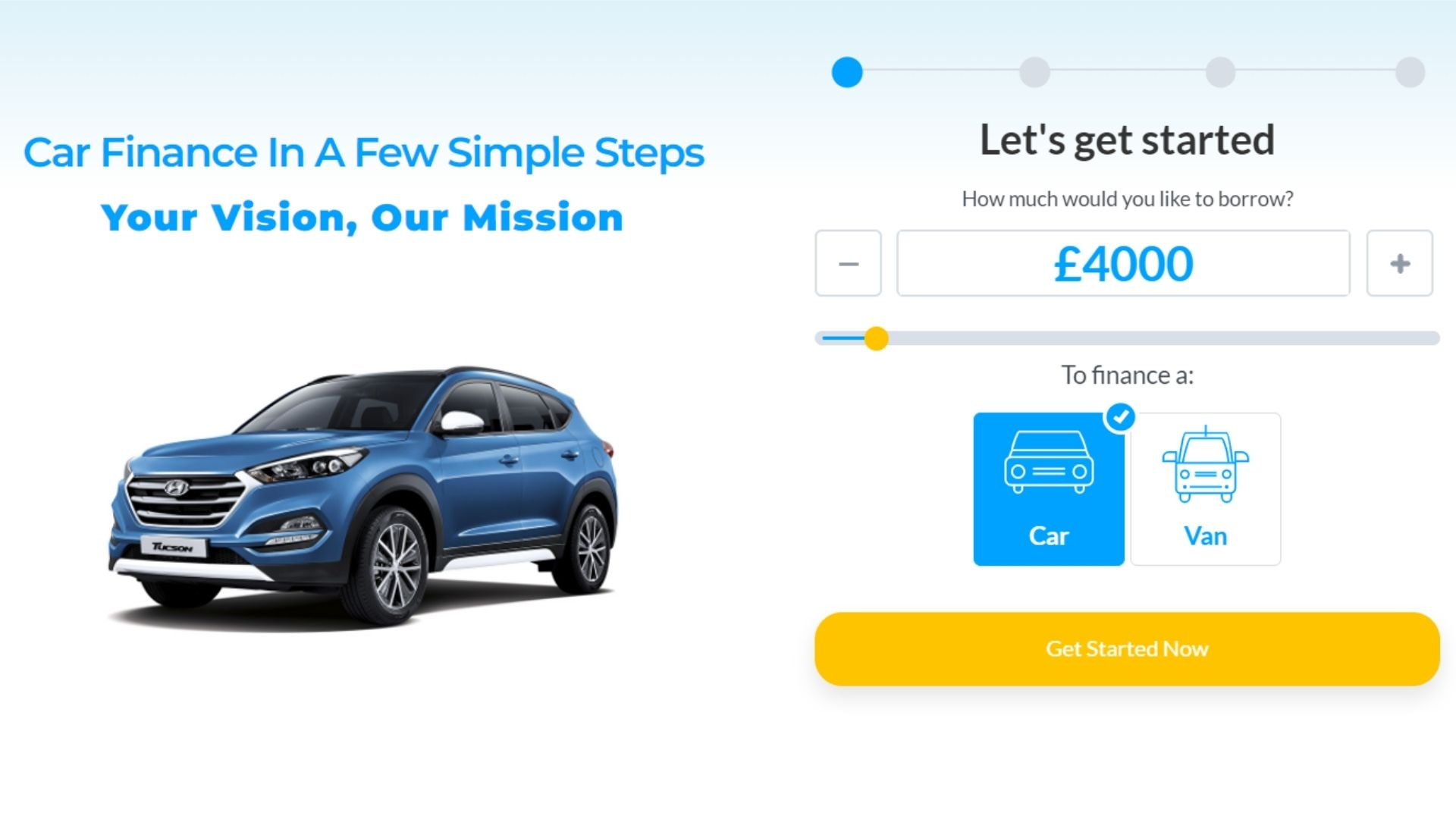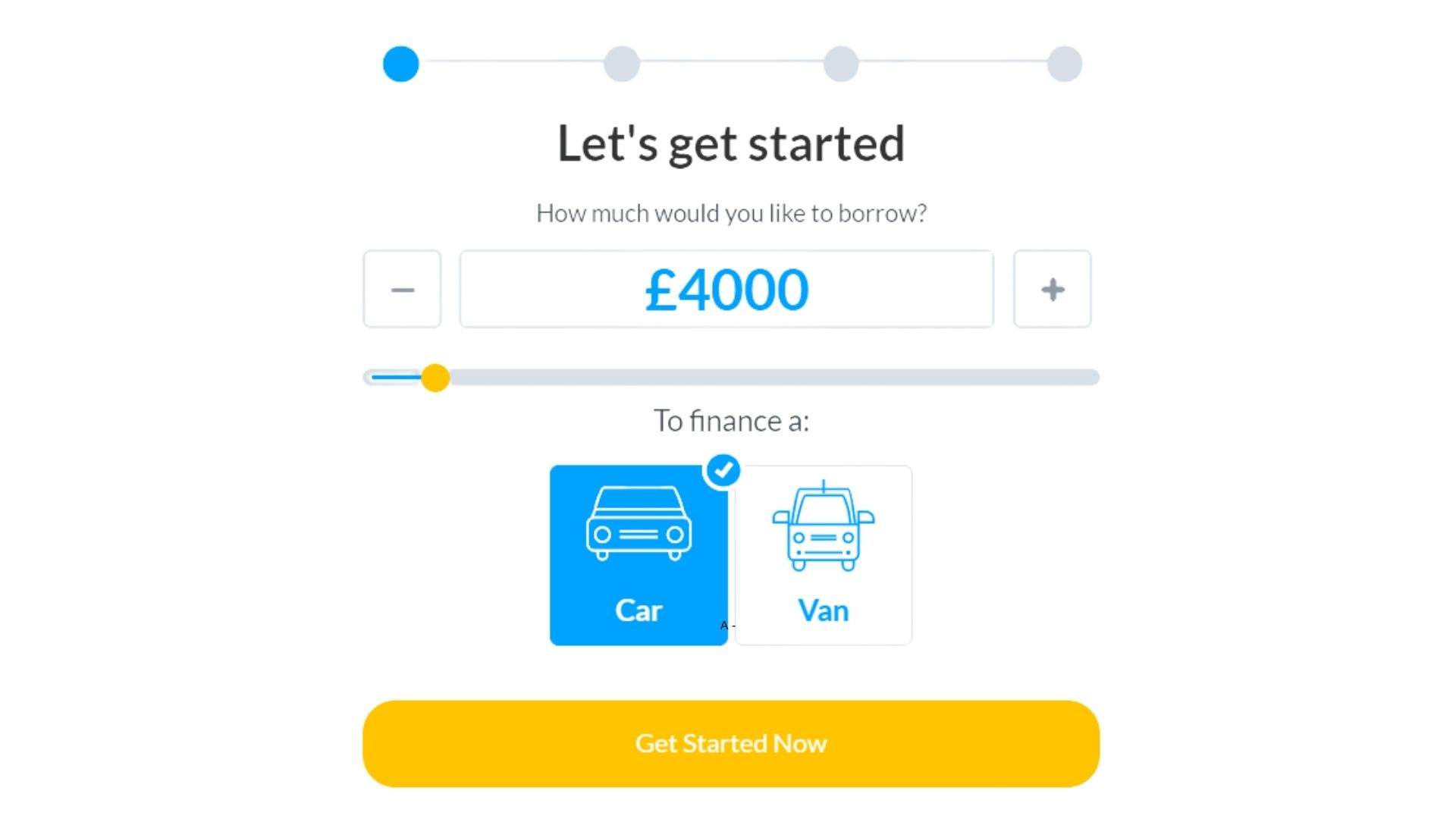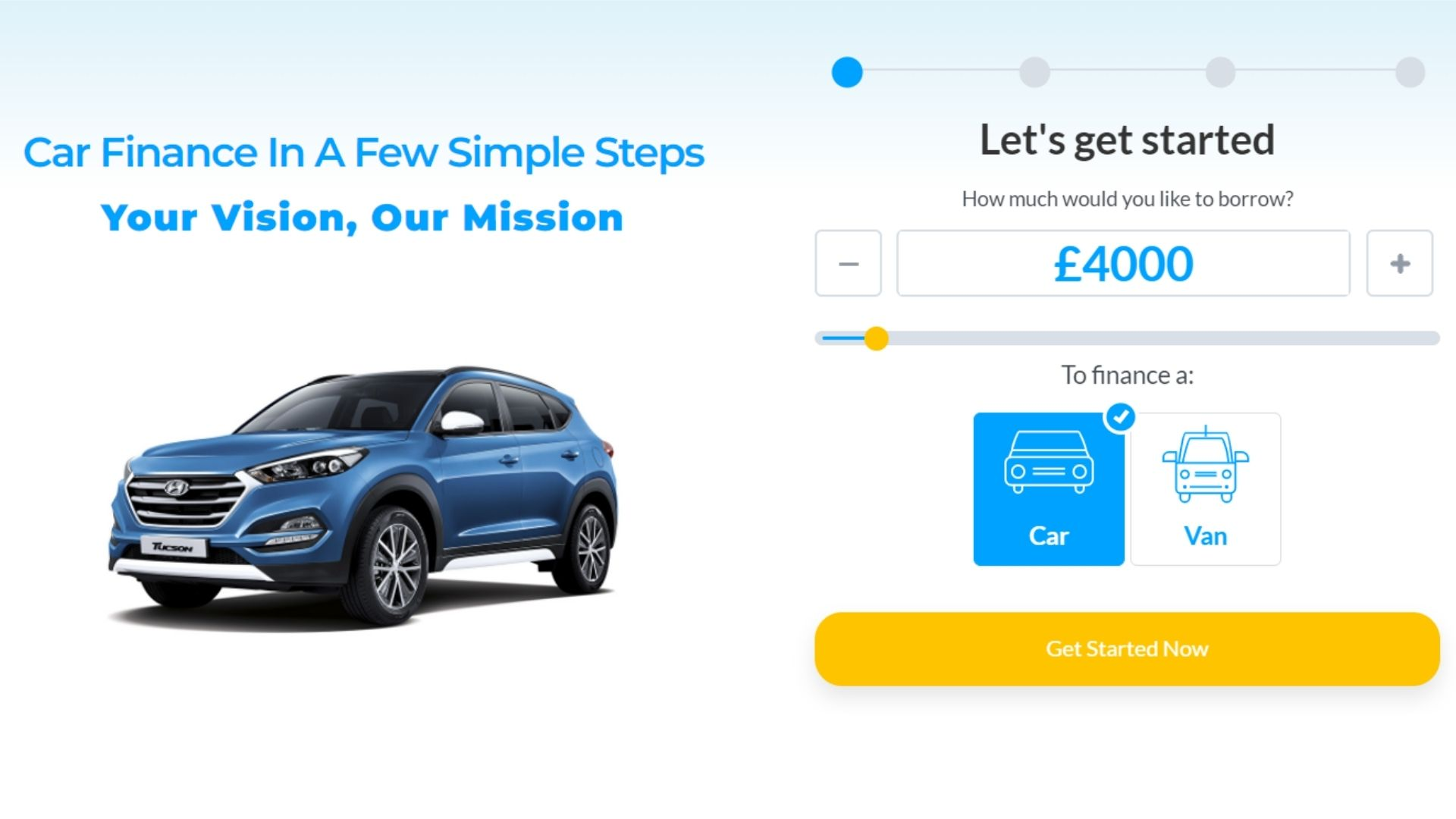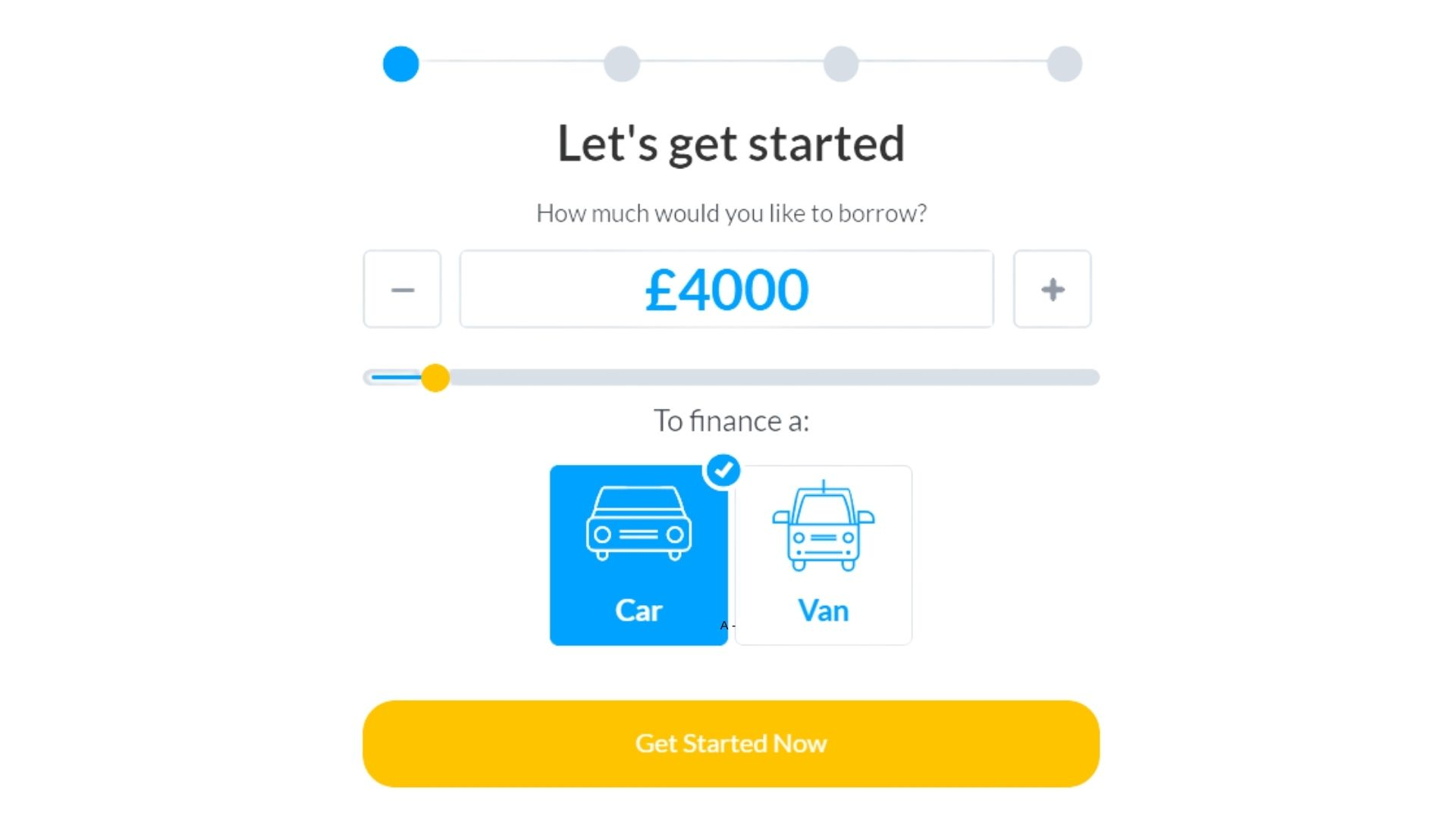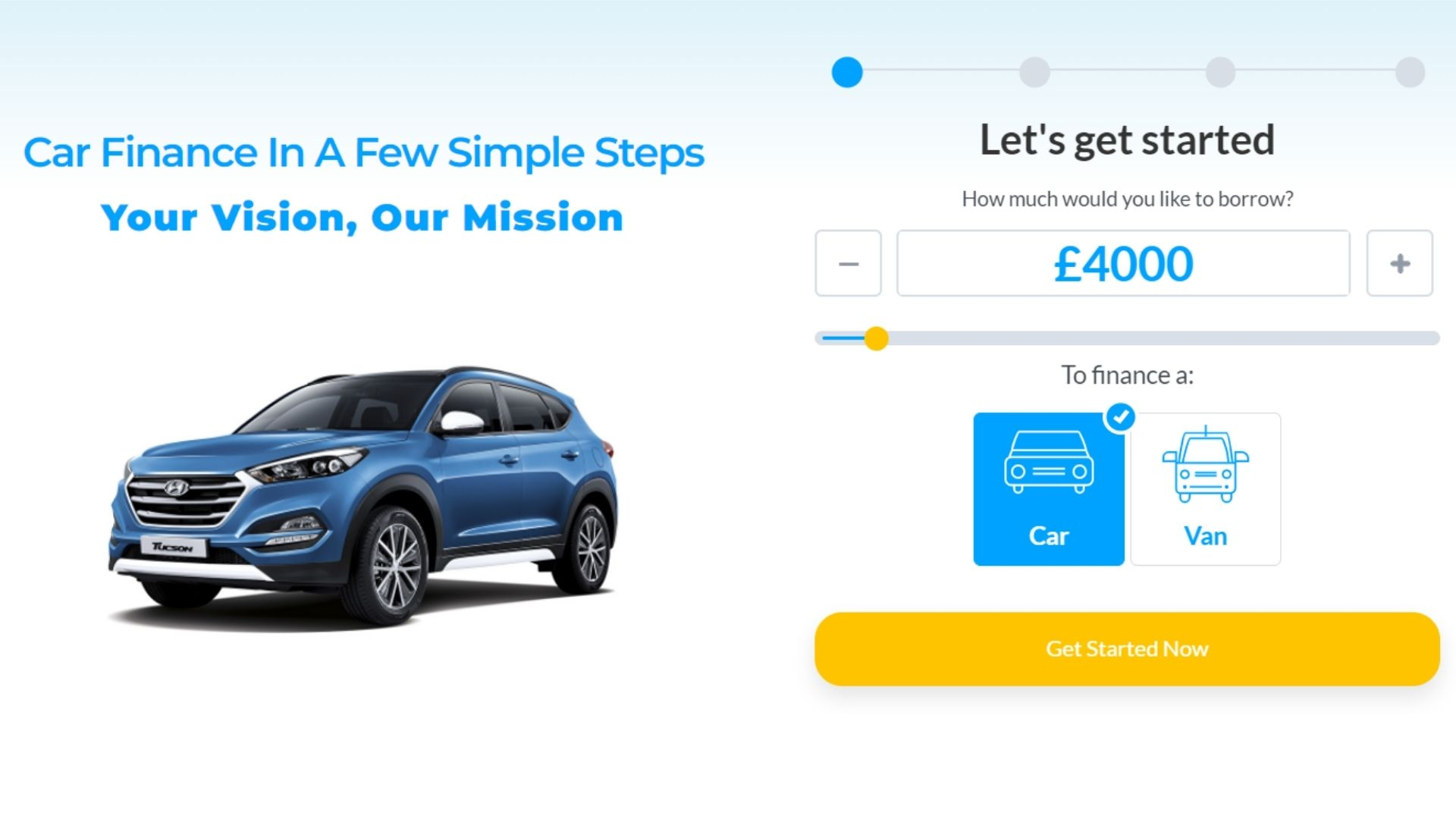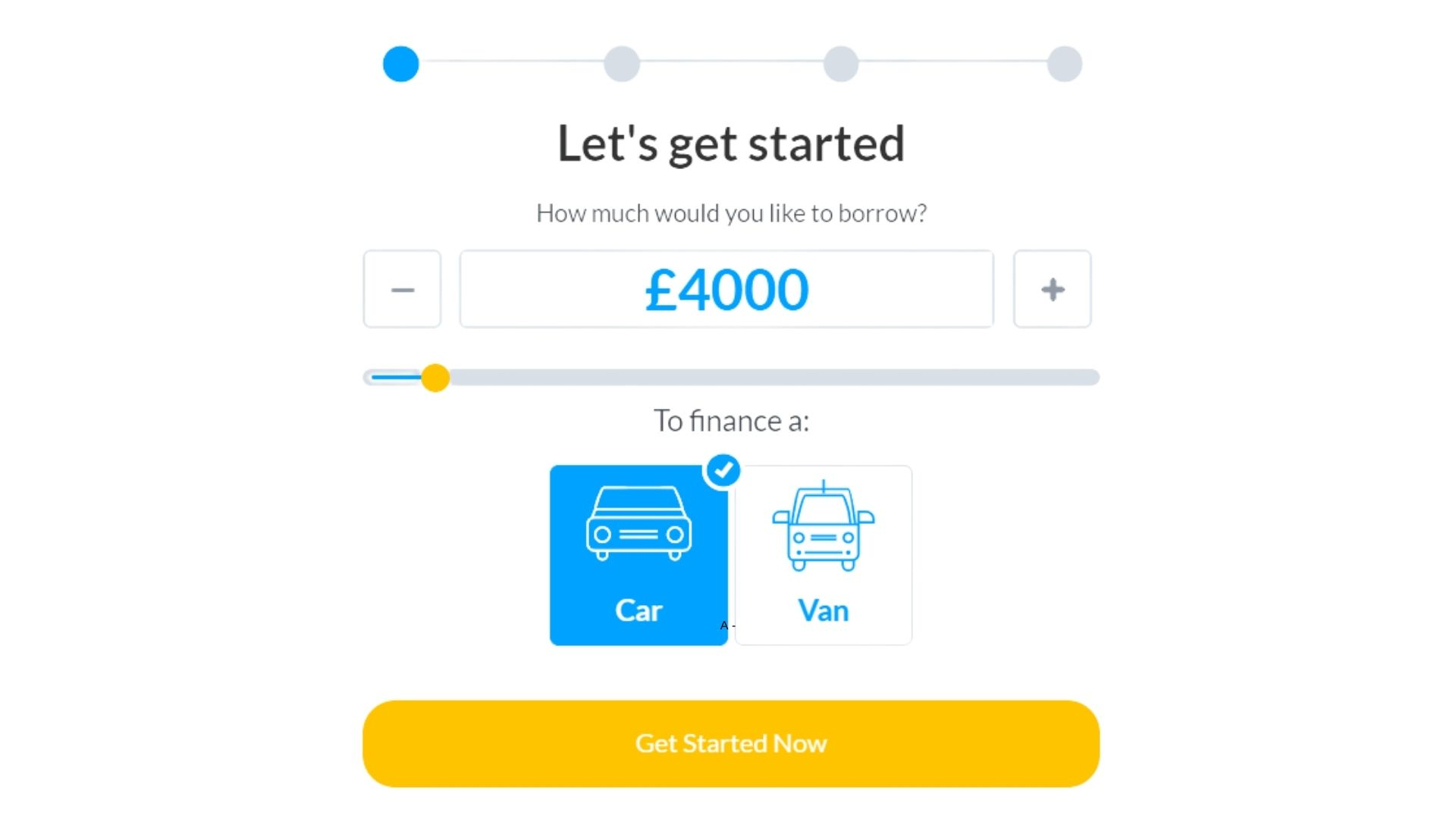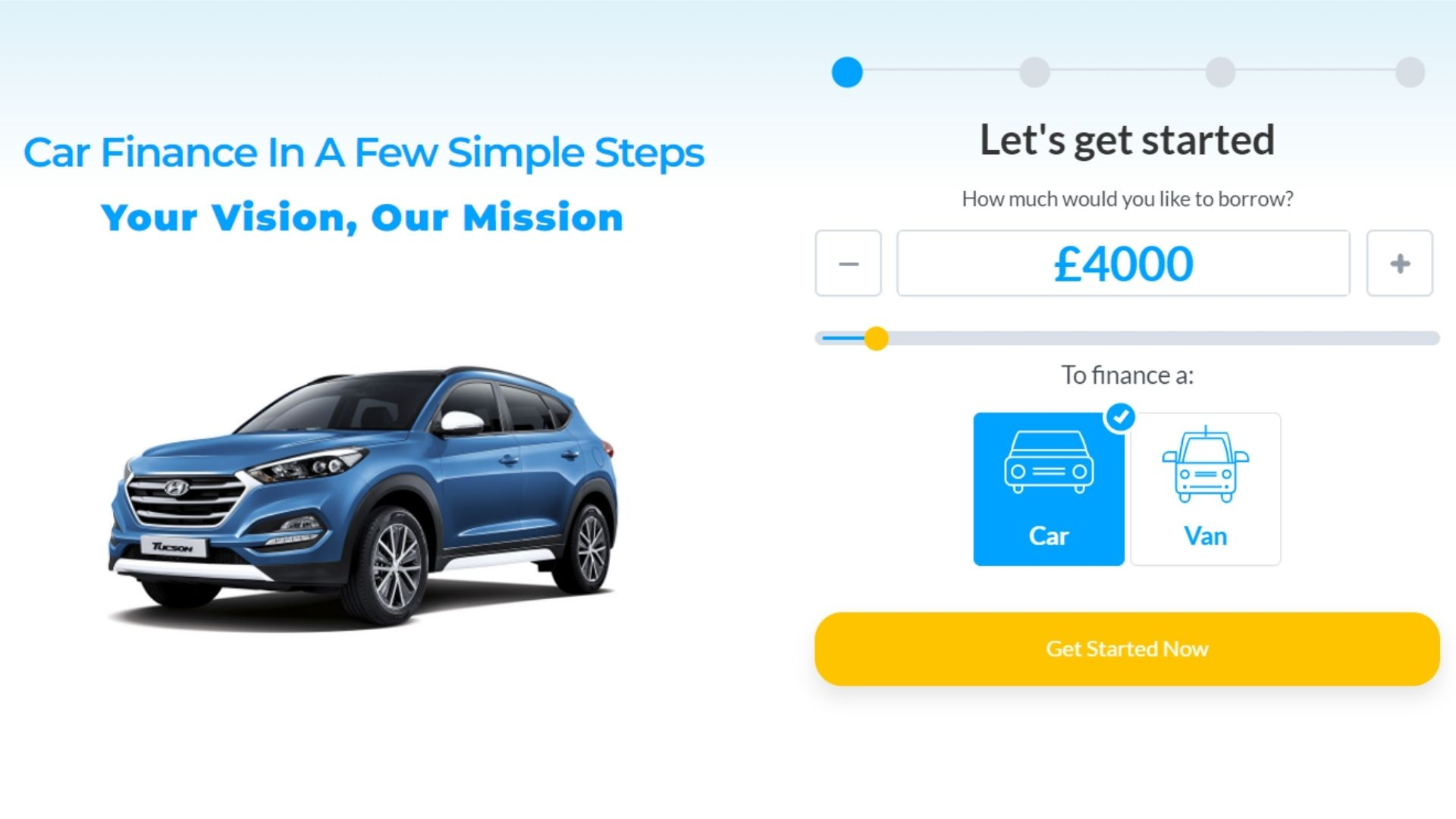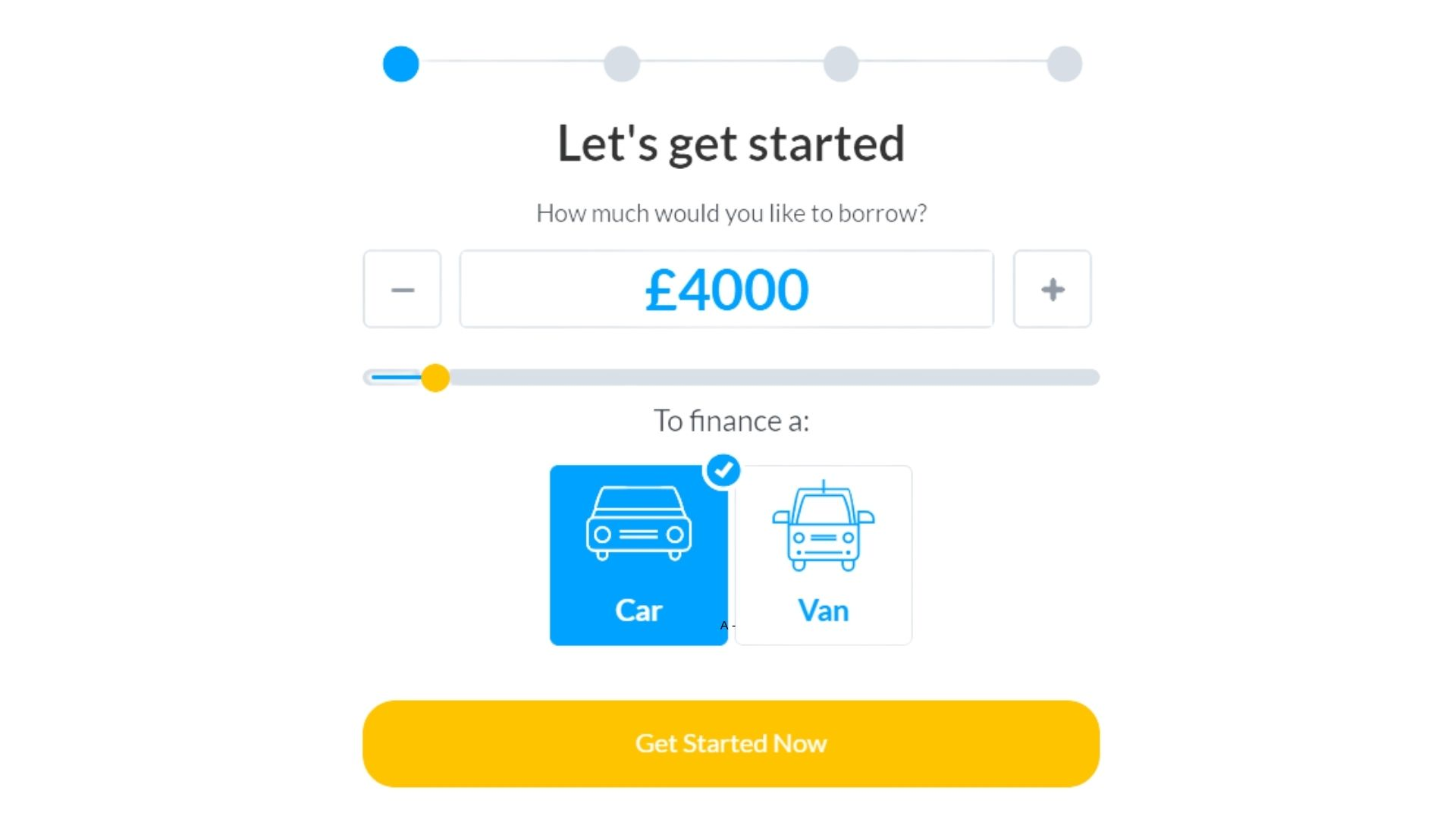Hire purchase agreement popular because they allow customers to drive away with their new or used car after only two years. Of course, if you want to return it at any time, this contract might not suit your needs; but if all-out ownership is what’s wanted (and affordable), haggle over prices with sellers before signing on anything!
Hire purchase agreements are often a good choice for those who want to buy larger vehicles or have bad credit. In general, these types of financing allow you to pay lower monthly payments than traditional auto loans, but there can be drawbacks too!
For example, suppose your plan is only temporary, and you don’t need the car long-term (ease). In that case, returning it at the end may have extra total cost because they charge hefty termination fees and high-interest rates on hires purchases compared with other methods like leasing, where the manufacturer takes care of it.
It’s best to hire purchase a car before making any decisions – speak with a financial advisor or your lender for more information.
What is a Hire Purchase?
A vehicle hire purchase is an agreement between a customer and a lender in which the customer hires the vehicle from the lender for an agreed period of time, typically two to five years. At the end of the hire period, the customer can purchase the vehicle outright or return it to the lender.
Hire purchase agreements can be a convenient way to finance a vehicle purchase, as they typically offer lower monthly payments than traditional auto loans. However, there are also some potential downsides to consider when deciding whether a vehicle hire purchase is right for you.
For example, if you choose to return the vehicle at the end of the agreement, you may have to pay a significant amount in early termination fees. Additionally, if your credit is not strong enough to secure a traditional auto loan, you may be required to pay a much higher interest rate on a hire purchase car.
Whether a vehicle hire purchase is a suitable choice will depend on your financial circumstances and your preferences as the vehicle owner. If you have any questions about vehicle hire purchases, speak with a financial advisor or your lender for more information.
How Does a Car Hire Purchase Work?
A hire purchase agreement is a contract between a customer and a lender in which the customer hires the vehicle from the lender for an agreed period of time, typically two to five years. At the end of the hire period, the customer can purchase the vehicle outright or return it to the lender.
Hire purchase agreements can be a convenient way of car finance vehicle purchase, as they typically offer lower monthly payments than traditional auto loans. However, some potential downsides to consider when deciding whether a hire purchase vehicle is right for you.
For example, if you choose to return the vehicle at the end of the agreement, you may have to pay a significant amount in early termination fees. Additionally, suppose your credit file and credit rating are not strong enough to secure a traditional auto loan. Then, you may be required to pay a much higher interest rate on a hire purchase vehicle.
Whether a hire purchase vehicle is right for you will depend on your financial circumstances and preferences regarding vehicle ownership. If you have any questions about hire purchase agreements or their work, speak with a financial advisor or your lender for more information.
What is the Difference Between Hire Purchase and Leasing?
At first glance, hire purchase and leasing may appear similar options for financing a new car purchase. This is because the vehicle from a lender both involves renting or “hiring” for a set time with the opportunity to buy it at the end of the term. However, hire purchase agreements usually require you to pay an early termination fee if you return the current car before the hire period.
However, there are some critical differences between hire purchase a car, and leasing that you should be aware of before deciding. For instance, you will typically have to make a larger down payment with a hire purchase agreement or a conditional sale agreement than you would with a lease.
In addition, at the end of the hire period, you may be required to pay fixed interest rates based on a balloon payment that represents the vehicle’s remaining value.
When deciding between hire purchase and leasing, it is crucial to consider your financial circumstances and your preferences as the legal owner. If you have any questions about these or other auto financing options, speak with a financial advisor or your lender for more information.
What is the Difference Between Hire Purchase and a PCP?
Hire purchase and personal contract purchase (PCP) agreements are ways to finance a car purchase. With a hire purchase agreement, you make monthly payments until the vehicle is paid off, at which point you own it outright.
With a PCP agreement, you also make monthly payments, but at the end of the term, you can return the car, buy it at a set price, or make an additional payment known as a balloon payment.
Several key differences between hire purchase and PCP agreements can help you decide which financing method is suitable for you. For example, hire purchase a car requires large monthly payments and often includes early termination fees if you return the vehicle early.
At the same time, PCP agreements are usually more flexible and allow you to choose between buying the car outright or simply handing it back at the end of the term.
Ultimately, which financing method is suitable for you will depend on your individual needs and preferences. If you have any questions about hire purchase or PCP agreements, speak with a financial advisor or your lender for more guidance.
How to Calculate Hire Purchase Payments?
Calculating hire purchase payments can seem complicated at first, but it becomes relatively straightforward with practice. The key is to break down the vehicle hire purchase into manageable monthly payments over an agreed-upon term.
To calculate your hire purchase payments, start by calculating the vehicle’s total cost and dividing this amount by the number of months in the hire period. It will give you the vehicle’s monthly payment amount.
Next, add a fixed fee to this amount, such as an early termination fee or a balloon payment. Finally, calculate the interest rate applied to your hire purchase agreement and add this to your monthly payment amount.
By following these steps, you can easily calculate the vehicle’s hire purchase payments and ensure that you select the right vehicle financing option for your needs.
How Does Hire Purchase Work on a Motorhome?
Hire purchase finance is a type of vehicle financing that allows you to rent a car for an agreed period and then purchase it outright at the end of the hire period. Hire purchase agreements typically require a sizeable down payment and may include early termination fees if you return the car before the hire period is up.
To qualify for hire purchase finance, you will typically need a good credit history and a steady income. In addition, the terms of hire purchase agreements can vary, so be sure to compare offers from multiple lenders before selecting one.
If you’re thinking about financing a motorhome purchase with hire purchase, you should keep a few things in mind. First, the hire period for a motorhome can be much more extended than for other vehicles, typically ranging from several months to several years. Additionally, you may need to pay an interest-based balloon payment to cover any remaining vehicle value at the end of the hire period.
To get started with hiring purchase finance company for your hire purchase car, consider speaking with a reputable car dealer or financial advisor in Car Finance Market as your lender for more information.
What are the Advantages of a Hire Purchase?
There are several key advantages to using hire purchase to finance a vehicle purchase. These include the ability to make affordable monthly payments, the flexibility of early termination without penalty, and the option to return or purchase the car at the end of the hire period. Additionally, hire purchase agreements may sometimes be more affordable than other financing options, such as personal contracts or loans.
If you’re thinking about using hire purchase cars to finance your next vehicle purchase, compare offers from multiple lenders to find the excellent car finance company that offers the best:
- Car’s price
- Car finance providers
- Car finance deal
- Car finance option
- Finance products
- Monthly instalments
- Hire purchase agreements
- Hire purchase loan
- Hire purchase deal
- Option to purchase fee
- Agreement duration
- Low monthly repayments
- Fixed percentage
- Annual percentage rate
- Annual fixed interest rate
- Monthly repayments
- Insurance mediation activities
Additionally, remember to factor in any other forms of early termination fees or balloon payments that may apply to your hire purchase agreement. You can ensure that the hire purchase the right financing option for your needs by doing so.
How to Terminate a Hire Purchase Agreement?
If you need to terminate a hire purchase agreement early, there are several steps that you can take. First, contact your lender or financial advisor to discuss your options. In some cases, it may be possible to refinance the vehicle via another type of loan or finance agreement, such as a personal contract purchase (PCP) finance agreement.
Another option is selling the vehicle and paying off the car’s outstanding balance on a hire purchase agreement. However, this option may not be available if you have negative equity in the vehicle (meaning that you owe more on the loan than the car is worth).
If you cannot refinance or sell the vehicle, your final option is to default on the hire purchase agreement. However, this option can have serious financial consequences, including late payment fees and adverse credit reporting. As such, it’s essential to carefully consider your options before terminating a hire purchase agreement early.
Whether you need to terminate the cars on hire purchase agreement due to a change in financial circumstances or want to change vehicles, it’s important to make a well-informed decision. By carefully considering your options, researching the terms of your agreement, and consulting with a financial advisor or lender, you can ensure that terminating a hire purchase agreement is the right choice for you.
Summary
Hire purchase agreements are a popular financing option for purchasing a vehicle. These agreements typically require a down payment and involve making regular monthly payments over an extended time. In addition, early termination fees or other financial obligations may also be associated with a hire purchase agreement.
To terminate your current Hire purchase agreement or explore other financing options, you should consider speaking with a financial advisor or lender in Car Finance Market. They can help you understand your options and make the right choice for your needs. Whether you need to refinance or sell your vehicle, there are several steps you can take to ensure that terminating a hire purchase agreement is the right choice for you. To know more about CarFinanceMarket.co.uk, contact us today and talk to the best sales team in the UK!

